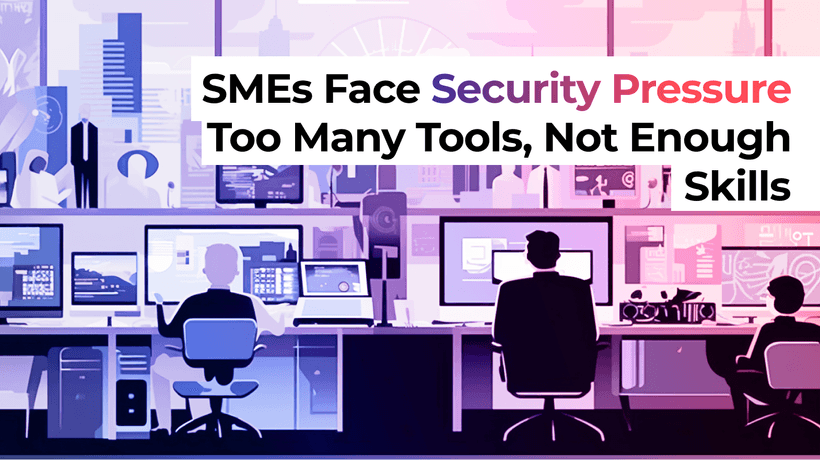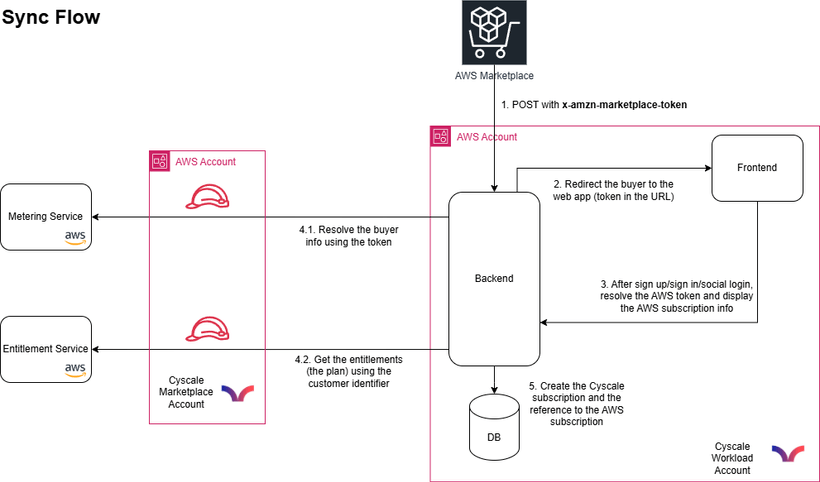Cloud Compliance 101: From Basics to Best Practices
Cloud Security Analyst at Cyscale
Friday, August 4, 2023

Cloud computing is revolutionizing how we view cybersecurity and data management. As cloud services and cloud computing advance, the importance of cloud compliance becomes increasingly crucial. Dive into this guide as we explore the foundations and best practices of cloud security and compliance.
The Basics of Cloud Compliance
What is Cloud Compliance?
Cloud compliance refers to the standards and laws set by regulation bodies to ensure data stored on the cloud remains safe, private, and within the boundaries of set cybersecurity rules. These rules often pertain to industries handling sensitive data, like healthcare (with HIPAA requirements) or e-commerce (following PCI DSS guidelines).
Key Regulations and Standards
- PCI DSS (Payment Card Industry Data Security Standard): This standard is focused around safeguarding credit card transactions. It regulates how cardholder data is stored and transmitted.
- HIPAA (Health Insurance Portability and Accountability Act): HIPAA is a United States healthcare law that refers to patient data and how it should be stored and used by companies. Moreover, this law covers how companies should act if patient PII is leaked.
- SOC 2: Evaluates a company's information systems relevant to security, availability, processing integrity, confidentiality, or privacy.
- NIST (National Institute of Standards and Technology): Provides standards and guidelines for federal agencies to architect and secure their information systems. There are three frameworks that can be used when establishing compliance with the NIST standard: NIST Cybersecurity Framework, NIST 800-53, and NIST 800-171.
- ISO 27001: This standard ensures that the organization has an effective and secure information security management.
- GDPR (General Data Protection Regulation): GDPR is the most well-known and important European regulation protecting personal data.
Shared Responsibility Model
The shared responsibility model is a concept that defines how security responsibilities are divided between the cloud service provider (CSP), and the cloud user. This model outlines which party is responsible of each component of a cloud environment. For example, the cloud service provider is responsible of the physical security of the cloud computing infrastructure, while the customer takes care of their apps, data, and workloads.
The most popular cloud service providers are:
- Amazon Web Services (AWS)
- Google Cloud
- Microsoft Azure
All major providers have, and regularly renew, their certificates of compliance with regulations. However, the weight of these regular updates also falls on the users’ shoulders: they still have the responsibility of getting certified to prove that the way they make use of cloud services (for apps, data, and workloads) matches the standard requirement.
Best Practices for Cloud Compliance
1. Regular Audits
Routine checks are critical to identify potential vulnerabilities. Utilize tools like cloud misconfiguration detection to improve your cloud's security posture.
2. Automation in Compliance
By integrating automation in compliance processes, you can help your company streamline future audits and achieve compliance easier. The Cyscale Cloud Platform removes a lot of the manual work that’s usually involved in preparing for and gathering evidence for an audit, offering support for popular standards such as PCI DSS or ISO27001.
3. Education and Training
The realm of cloud security and compliance is ever-evolving. Continuous learning ensures your organization adheres to best practices, especially concerning cybersecurity. Moreover, conducting training for all employees of your company to help them understand how current prevalent attacks such as phishing work and how to protect themselves from them is a necessary step to protecting your organization.
4. Data Management and Security
Guard your sensitive data, with special attention for multi-cloud environments. While data security is vital in any computing environment, multi-cloud environments introduce additional complexities that require a heightened level of vigilance. Embrace encryption, multi-factor authentication, and API-level security.
Navigating Challenges
1. Common Challenges in Cloud Compliance
To be able to address challenges in cloud compliance, you need to understand what some of the most common vulnerabilities and misconfigurations are:
- Poor access control,
- Insufficient logging and monitoring,
- Lack of encryption or the use of inadequate cryptographic algorithms,
- Weak authentication, and others.
2. Case Studies
Dive into scenarios where businesses faced cloud security challenges and understand the strategies they employed. Two examples of situations Cyscale has been helping companies with are:
- Lack of contextual visibility in a complex cloud environment
- A time-consuming compliance process
How can Cyscale help?
Offering unparalleled contextual visibility across cloud and data repositories, Cyscale grants organizations the power to scrutinize everything from resource-level configurations to their holistic compliance posture. This ensures no stone is left unturned when securing digital assets and getting audit ready.
Navigating the intricate landscape of delivering applications on modern infrastructures while following regulations, Cyscale introduces:
- Enabling alignment between Risk and Dev: Configure your policies and let Cyscale automate compliance tracking and reporting.
- Real-Time Notifications: Stay informed about any deviations from compliance with instant alerts and actionable remediation advice.
- Always Audit-Ready: With Cyscale, you are perpetually prepared for assessments with real-time evidence collection that aligns with major regulatory frameworks.
Achieving Clarity:
Shed the ambiguity surrounding cloud compliance. Cyscale’s platform simplifies and automates tasks that traditionally required manual intervention using Automated Evaluations. This feature continuously checks for globally recognized standards such as CIS Cloud Benchmarks, ISO 27001, SOC 2, GDPR, HIPAA, PCI DSS, NIST, and more.
Streamlining Compliance and Security:
Eliminate redundancy in your processes. With Cyscale, you can:
- Consolidate Compliance Efforts: Achieve unified cloud security compliance across multiple providers like AWS, Microsoft Azure, and Google Cloud.
- Manage All from One Dashboard: Visualize and control all elements of cloud compliance in one unified platform. You can track your compliance score, history, and what you need to improve on to become compliant from Cyscale.
Stay Prepared and Auditable:
Preparation is half the battle. In a nutshell, Cyscale’s Cloud Platform isn't just about enabling compliance; it's about making compliance a seamless part of your organization's DNA. It's about ensuring you are always ready, always secure, and always ahead.
Easier compliance is just a login away! Start Your Free Trial.
FAQs
What is cloud compliance?
Cloud compliance encompasses regulations and guidelines that companies must adhere to when storing data in the cloud. It ensures that both cloud service providers and users maintain data integrity and security.
Dive deeper into our cloud security strategy.
Who is responsible for compliance in the cloud?
Compliance in the cloud is a shared responsibility. While cloud service providers, such as AWS or Google Cloud, manage the infrastructure's security, it’s up to the users to ensure application-level security and data protection.
What is the importance of cloud compliance standards?
Compliance standards like GDPR, PCI DSS, HIPAA, and NIST provide a framework to ensure data safety, privacy, and integrity. Adhering to these standards mitigates risks, safeguards sensitive information, and can significantly boost customer trust.
Ready to soar confidently through the cloud? Dive into Cyscale's Cloud Security Platform and consider signing up for a demo. Secure, compliant cloud operations are just a click away.
Cloud Security Analyst at Cyscale
Sabrina Lupsan merges her academic knowledge in Information Security with practical research to analyze and strengthen cloud security. At Cyscale, she leverages her Azure Security Engineer certification and her Master's in Information Security to keep the company's services at the leading edge of cybersecurity developments.
Further reading
Cloud Compliance in
2025: An In-Depth Guide
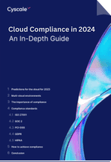
The whitepaper talks about ISO 27001, SOC 2, PCI-DSS, GDPR, HIPAA.
Download WhitepaperCloud Storage
Misconfigurations
Build and maintain a strong
Security Program from the start.
Share this article
Stay Connected
Receive our latest blog posts and product updates.
TOP ARTICLES
Compliance
Our Compliance toolbox
Check out our compliance platform for cloud-native and cloud-first organizations:
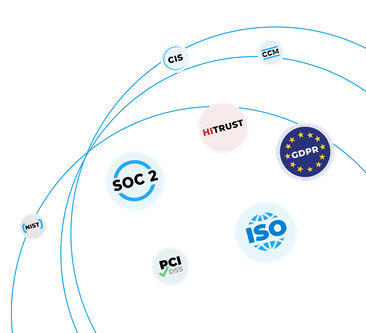
LATEST ARTICLES
What we’re up to
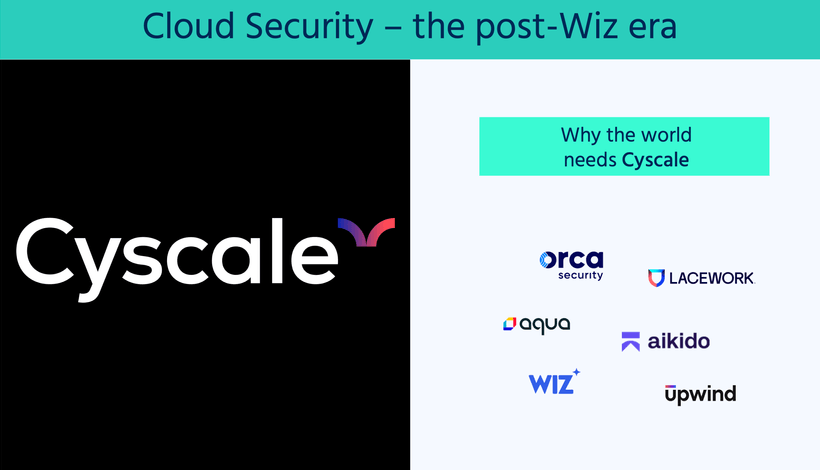
Why the world needs Cyscale in a post-Wiz era
